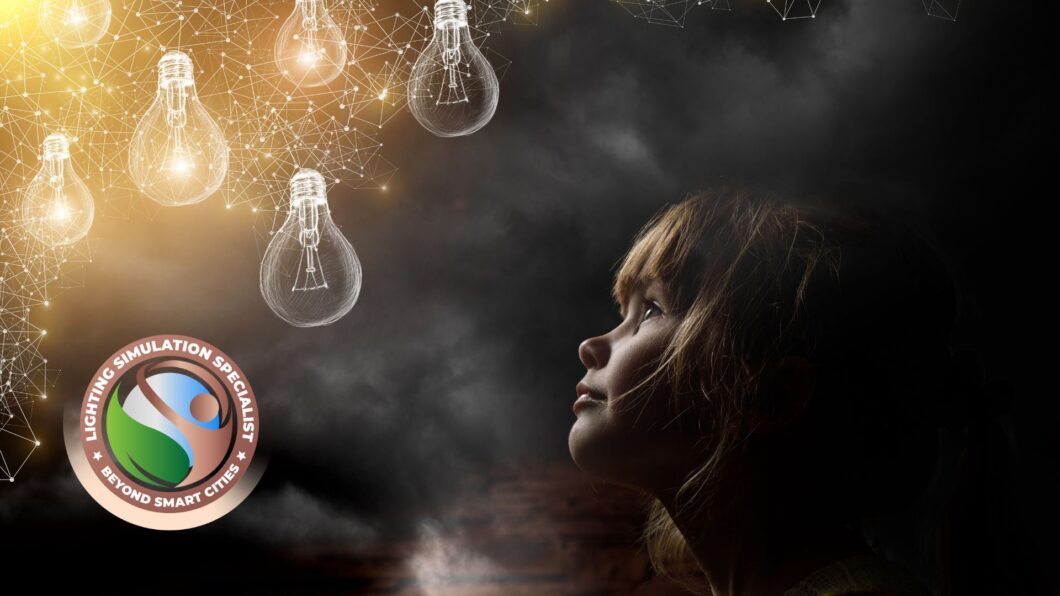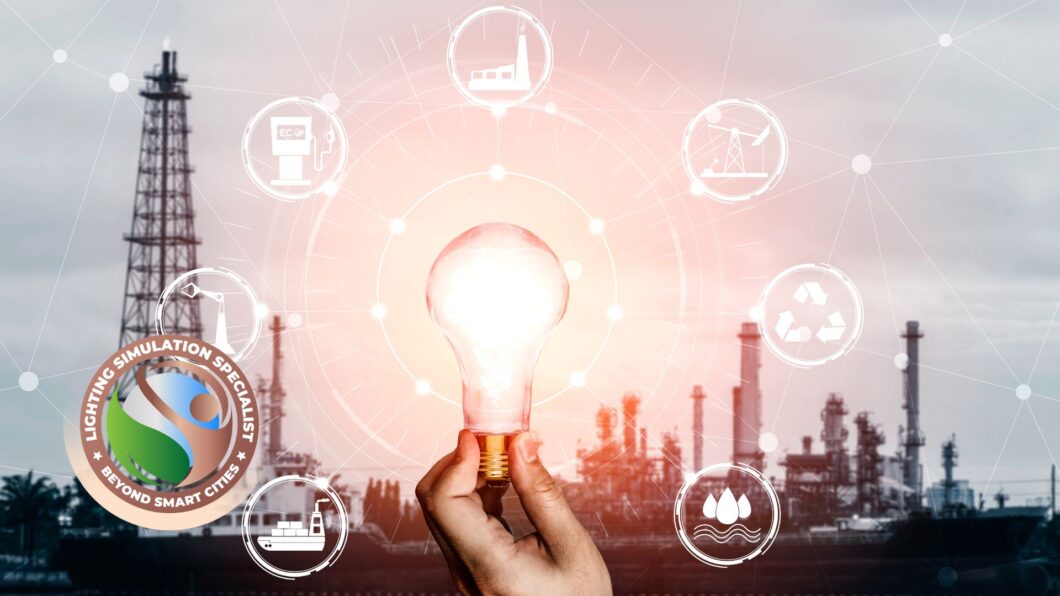Certified Lighting Efficiency Professional – CLEP Exam Question Bank
The Certified Lighting Efficiency Professional – CLEP Exam Question Bank offers multiple-choice questions and six simulated tests, each lasting four hours, for students to test their knowledge and abilities after studying 600 questions.
AEE’s Certified Lighting Efficiency Professional (CLEP) program acknowledges leaders in lighting efficiency, recognizing individuals with high experience, competence, proficiency, and ethical fitness. CLEPs bring a wide range of knowledge to develop and implement effective lighting efficiency solutions in various sectors, including commercial, industrial, institutional, and governmental sectors.
Lighting efficiency professionals assess a building’s lighting needs based on occupancy and use, whether illuminating new or retrofitting existing buildings. They measure, verify, and evaluate projects, considering human-factor implications, technologies, and financial incentives, to compare savings against other energy efficiency projects and identify ROI.
The CLEP certification program is of the highest value to those undertaking or assessing lighting energy projects or lighting retrofit projects. Obtaining AEE’s CLEP certification provides international credibility among energy management communities.
Krishnaji Pawar, an accomplished sustainability specialist at Beyond Smart Cities with expertise in smart city development, sustainable design strategy development, environmental impact assessment, green building certification (LEED, GSAS, etc.), energy usage modeling, greenhouse gas accounting, and emissions management, developed the Certified Lighting Efficiency Professional (CLEP) Exam Question Bank.
Certified Lighting Efficiency Specialist Objectives
- Enhance professional standards in lighting efficiency management.
- Promote professional development through continuing education programs.
- Identify individuals with acceptable knowledge of lighting efficiency principles and practices.
- Award special recognition to professionals demonstrating high competence and ethical fitness.
Who are Certified Lighting Efficiency Professionals?
- Energy managers are leading energy efficiency improvement projects.
- Technical or operations engineers can reduce the energy use and utility costs in buildings.
- Consultants specializing in the energy efficiency of plants, manufacturing, or industrial facilities.
Learning Objectives
- Six practice exams totaling around 600 questions vary from basic to challenging to specialized.
- Understand the reasoning behind each question, as well as the relevant CLEP knowledge domain to review.
- Recognize strategies and make wise decisions.
- Experience the CLEP exam.
- Consider the practice test to be part of your education.
- The latest CLEP 151+ Key Terminology Flash Cards are now available!
- CLEP Engineering and HVAC Design Equations
Certified Lighting Efficiency Specialist’s Role
- Understanding a building’s lighting requirements based on occupancy and use.
- Measuring, verifying, and evaluating lighting efficiency projects.
- Comparing savings against other energy efficiency projects.
- Identifying ROI through human-factor implications and financial incentives. Why earn a sustainable certification?
Other Related courses
High-Performance Building Design Professional – HBDP Exam Question Bank
The High-Performance Building Design Professional – HBDP Exam Question Bank offers a 500-question practice exam with flash cards, allowing professionals to create personalized study plans that align with their professional development goals.
Learning Objectives
- Five practice examinations with over 500 questions range from basic to difficult to specialist.
- Learn the reasoning behind each question, as well as the associated HBDP knowledge domain to review.
- Recognize strategies and make smart choices.
- Experience the HBDP exam.
- Consider the practice test part of your education.
- The new HBDP 121+ Key Terminology Flash Cards are now available!
- HBDP Engineering and HVAC Design Equations
High-Performance Building Design Professional – HBDP Exam Refresher
The High-Performance Building Design Professional – HBDP Exam Refresher course offers a comprehensive understanding of sustainability, HVAC processes, energy analysis, indoor and site environments, and sample questions for the HBDP examination.
Learning Objectives
- Sustainable Development Concepts
- Sustainable Buildings and Transportation
- Alternative Energy & Carbon Reduction
- Environmental Improvement Programs and Rating Systems
- HVAC Processes and Energy Analysis
- Indoor and Site Environment
- Controls and Monitoring
- Benchmarking with Performance Metrics
- Water Conservation
- Commissioning in Sustainable Construction
- Energy and Materials Use and Management
- HBDP 100+ Practice Test Questions V.4.1



